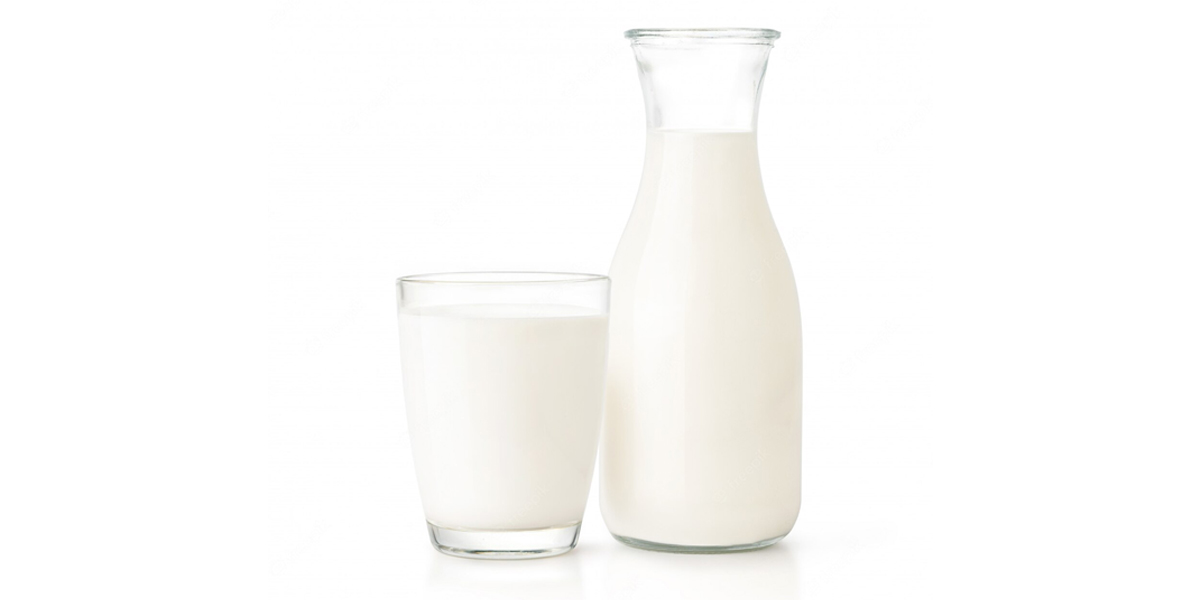№ 2 Grass-Fed Dairy
Grass-fed Dairy
RemixRanking #2
Grass-fed dairy products, derived from cows that primarily graze on pasture rather than being fed grain-based diets, offer a range of health benefits that distinguish them from grain-fed dairy. These benefits are attributed to the more natural and nutrient-rich diet of the cows, which translates into higher-quality dairy products.
Grass-fed dairy contains higher levels of beneficial omega-3 fatty acids, particularly alpha-linolenic acid (ALA), which are linked to heart health and inflammation reduction. In contrast, grain-fed dairy often contains higher levels of omega-6 fatty acids, which can promote inflammation when consumed in excess.
Grass-fed dairy is also known for being richer in certain vitamins and minerals, such as vitamin K2, which plays a crucial role in bone health and heart health by helping direct calcium into the bones and away from the arteries. Additionally, grass-fed dairy is an excellent source of conjugated linoleic acid (CLA), a type of healthy fat that may have various health benefits, including potential weight management and reduced cancer risk.
Grass-fed dairy products are typically free from synthetic hormones and antibiotics that are often used in conventional dairy farming. This makes grass-fed dairy a cleaner and more natural option for those concerned about these additives in their diet.
